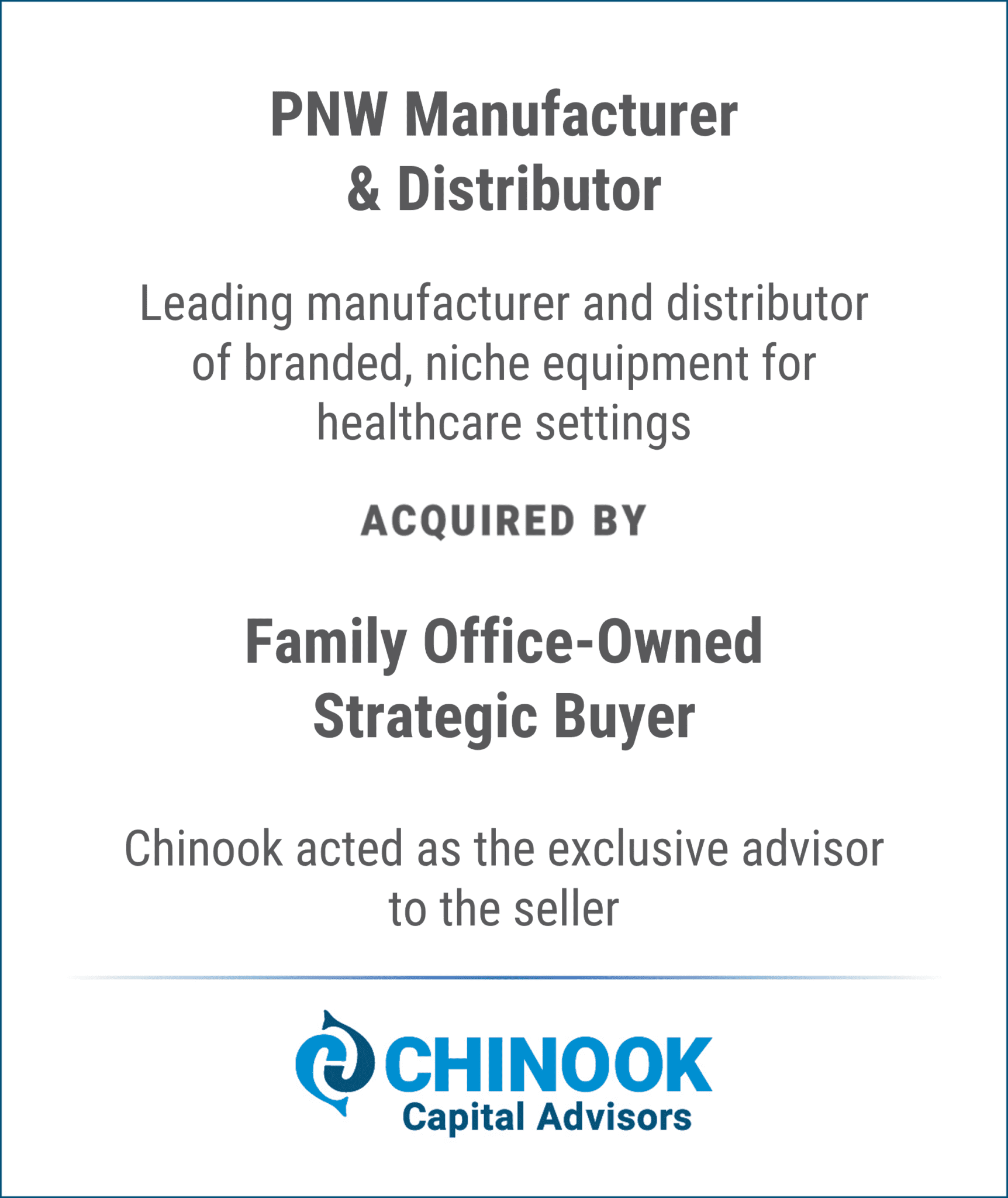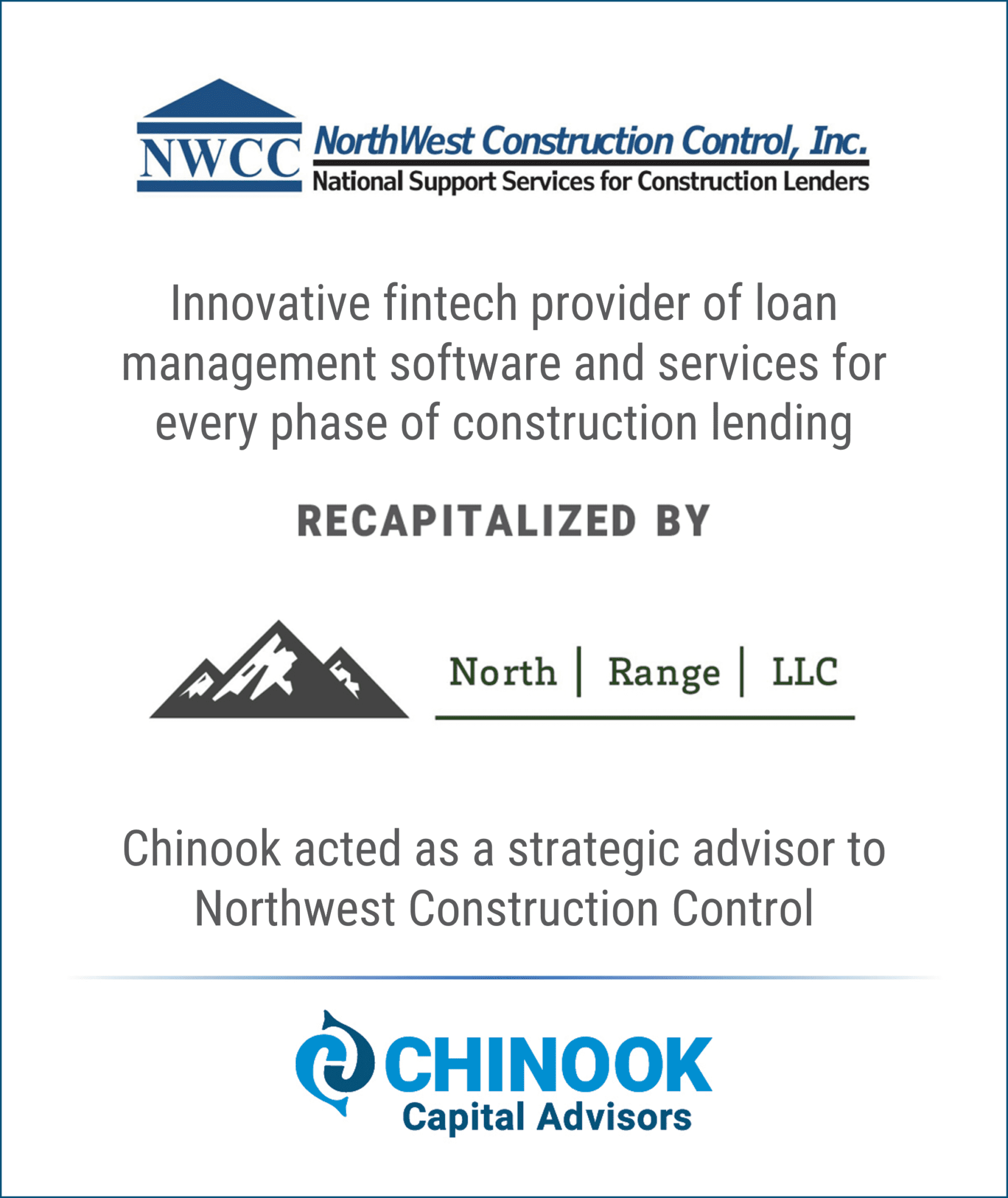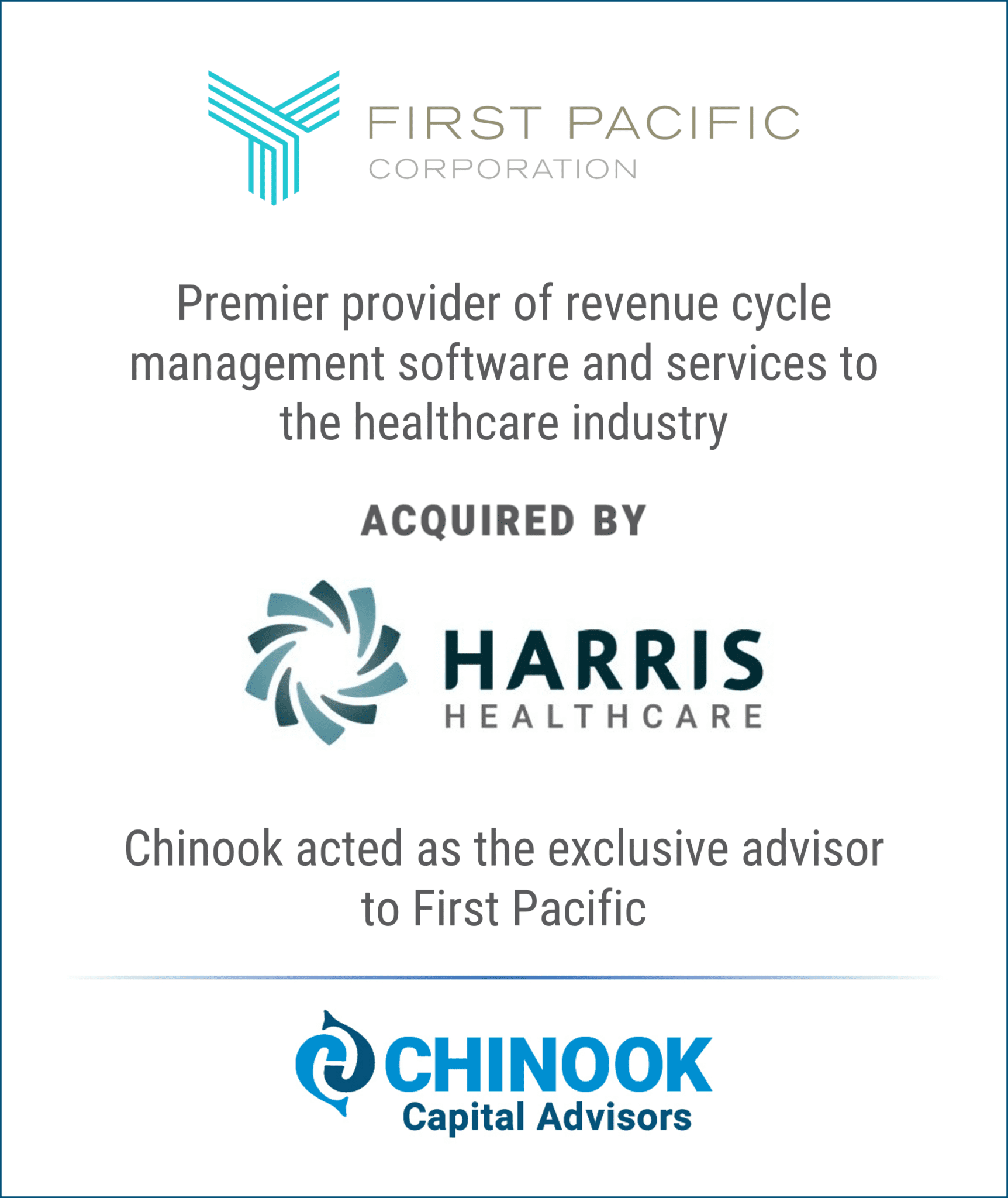Selling a business is a bit like running a business. If you don’t have a good team in place, all kinds of things can go wrong. And when things go wrong, value disappears, valued employees leave, and customers lose confidence. When enough mistakes pile up, the business itself can deteriorate and everyone loses. Believe us; we have seen this happen and we’re sure you have too.
So just like a CEO needs to rely on the expertise of the Accountant, HR Manager, Marketing Manager, etc., someone selling a business needs trusted experts to guide the process.
Maybe you’re skeptical. We get that. You’ve built a business up – probably from nothing – and you’ve figured hundreds of things out along the way. Surely you can figure out how to sell a business, right? And isn’t every dollar spent on “experts” one less dollar for you at the sale?
Here’s what we know from helping hundreds of owners with business transition and liquidity events.
- First, selling a business is a full-time job, so it’s hard to do while running your business at the same time.
- Second, using experts makes the selling process go much faster. Issues will inevitably arise – about contract language, intellectual property, financing, etc. – and experts know how to negotiate such thickets quickly and efficiently.
- Third, you’ll walk away with more money in the end. Think about selling a house without a real estate agent. You can do it, but an agent’s connections, bargaining experience, and knowledge of the legal landscape almost always pay for themselves in the end.
Who’s on the Team?
At minimum, you should consider the following team of advisors:
- Investment banker: The investment banker, or M&A advisor, quarterbacks the selling process from initial valuation to closing and beyond. An investment banker who knows your industry can help find the right buyers (confidentially), maximize value by generating multiple offers, negotiate deal terms, and manage the due diligence and closing process. A good investment banker can also help you determine the right time to sell based on industry forecasts and your personal financial goals.
- Deal attorney (preferably one who has experience with M&A deals of your size and nature): Your deal attorney will get involved with more than just writing the Purchase & Sale Agreement, so they should have experience negotiating legal details and managing the legal aspects of due diligence and document flow leading up to closing. In many cases, the ideal attorney is a firm that can draw on experts in various aspects of business law: sales contracts, employee management, government relations, etc.
- Financial advisor: A financial advisor is key to maximize your proceeds from this one-time transaction. They can advise you on capital gains taxes, estate taxes and personal matters such as philanthropy and gifting.
- Accountant: You should also have your financial statements reviewed, at a minimum, by your CPA early in the planning process. This will add a level of confidence to the buyer, and just as importantly, their lenders and investors. In addition, you may also want to consider a Quality of Earnings report covering the most recent 2-3 years prior to a transition. Business transactions are also incredibly complex from a tax standpoint, so, you also need someone to structure deals so that your tax burden is minimized.
Yes, You Should Like These People
You should feel comfortable working with your advisors and have a good personality fit. Transitioning out of a business can be a very emotional process and can easily take 8-12 months to complete. During the many ups and downs, you’ll need advisors you can confide in and who put your interests first.
When Should You Start?
Begin assembling your team as much as 2-3 years in advance of your planned transition date. It takes time to find the right advisors and even more time for valuations, negotiations, and planning.
Remember, you can only sell a business once, so make sure you do it right. Build a team, control the process, and let the experts help you meet all your post-business goals.


















